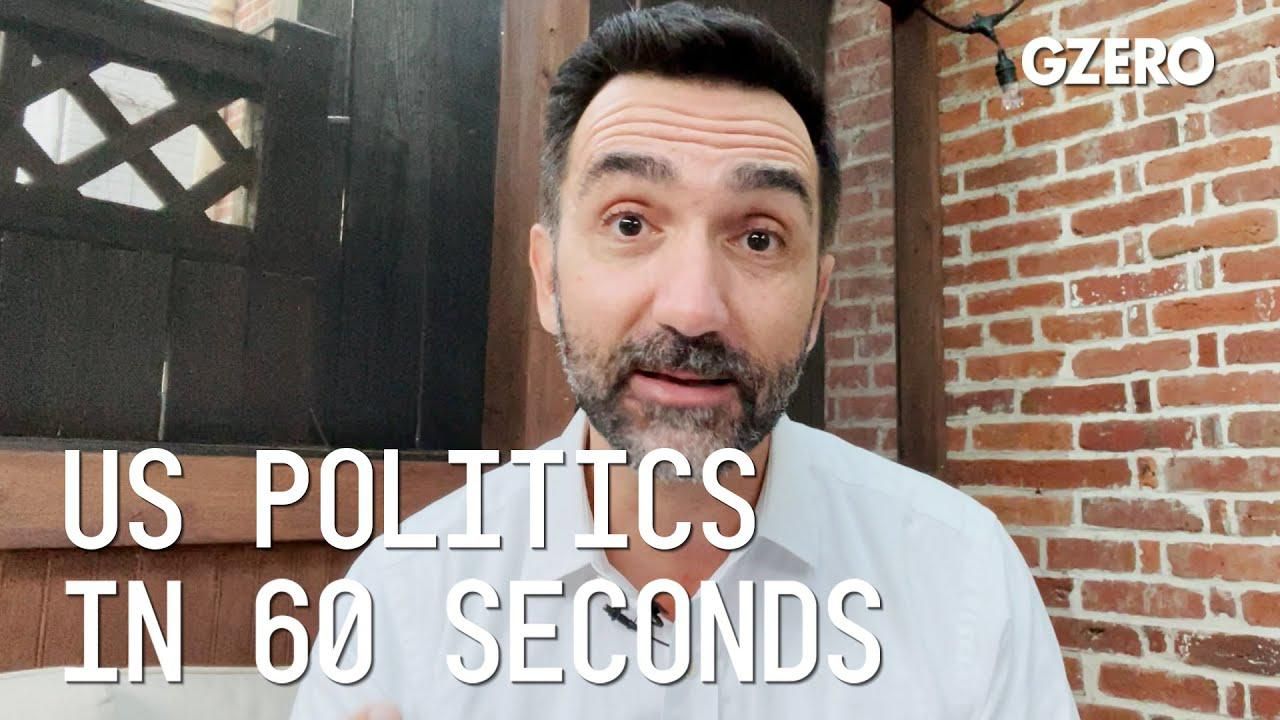
Jon Lieber, head of Eurasia Group's coverage of political and policy developments in Washington, shares insights on US politics:
What happened with the infrastructure bill in the House this week?
The infrastructure bill, $550 billion in new spending on infrastructure, roughly doubling the amount of money that the US spends on roads, bridges, tunnels, ports, airports, water infrastructure over a five-year period was scheduled for a vote on Monday of this week. That was later delayed so that Speaker Nancy Pelosi could negotiate between progressives in her caucus and moderates, the moderates who wanted to get the bill done quickly. It was bipartisan.
They see it as a huge win and it was necessary to reauthorize highway spending for the fiscal year 2022, which begins on October 1st. The progressives support the infrastructure bill, but they see it as leverage for a much larger social spending package that President Biden is pushing. Unfortunately for the progressives, their appetite is a little bit larger than the stomach of the Democratic Party. They started at $6 trillion. They compromised down to a $3.5 trillion amount, but there are some conservative Democrats who are saying they won't spend more than $1.5 trillion, and there are other conservative Democrats who are giving strong hints that they don't want to do this bill at all.
Not a lot of trust between Democrats right now, which means that the floor vote on the infrastructure bill was totally derailed this week. Now, what's next is they have to try to find common ground to see if they can find a way to advance on the social spending package in order to get the infrastructure bill done. That could take weeks. That could take months. This is probably something we're going to be talking about through the end of the year. Democrats are going to have to compromise. You're probably going to get somewhere much lower than where the progressives are because they have very narrow margins in the House and Senate. This is not a majority that can afford to lose even a single vote. Because of that, it means their most moderate members are going to be the ones that determine the tune that everybody else dances to.